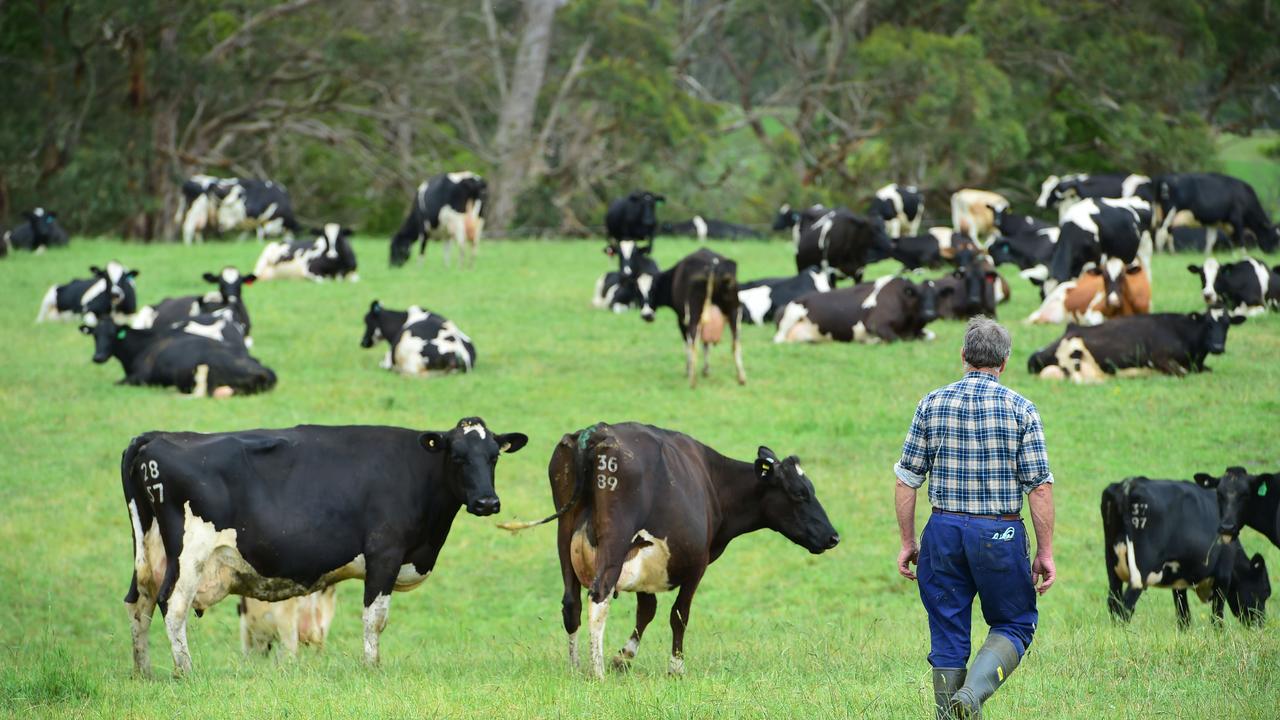Core issues in water plan worth fighting for
The federal government must do more to address socio-economic challenges facing Basin communities, writes David McKenzie.

THE heat in the Murray Darling Basin Plan journey has eased on the back of better winter rain and a gentle spring so far. But most core issues for Basin communities remain and have not been addressed in any meaningful way by the federal government.
I have reached the point where I can no longer remain silent in the face of the underwhelming response to our report (released in September). I must also call out a significant misrepresentation of our findings, by the very minister we delivered the report to.
Unsurprisingly, the panel found it very difficult to precisely strip out the impact of water reform from all the other drivers of change for communities in the Basin, such as climate change, drought and commodity price volatility.
But the panel was in no doubt that the dramatic pace of change was also driven by elements of the Basin Plan. The shift of up to 30 per cent of irrigation water from farming to the environment in less than 10 years has contributed to farm businesses, communities, and some sectors facing structural change that has caused significant negative impact at a personal, regional and societal level.
And water reform is not over. The prospect of more recovery for the environment is driving deep anxiety and stress for those who rely on irrigation.
Our report found that “recovering more consumptive water will have significant negative impacts for some regional Basin Communities”. We said that “further recovery at the current pace raises a red flag”.
Among our recommendations were that the pace of further water recovery should be more cautious, that any further water recovery should focus on off-farm opportunities, and that time frames for the Sustainable Diversion Limit Adjustment Mechanism projects should be extended, to make sure that the full 605Gl needed to come from these projects, would do so.
In September, Minister Pitt delivered a policy speech that “ruled out buybacks’’ under this government, and assured communities that “on-farm efficiency projects would not be part of future recovery’’.
Yet only last week, Minister Pitt’s department advertised a further six on-farm projects in South Australia, in direct contravention of his “new’’ policy. The Minister did not support legislating the “no buyback’’ policy, nor the recommendation to extend SDLAM time frames, despite knowledge that the projects will fail on both a time and volume basis.
The government response to the issues detailed in the socio-economic report will give irrigation reliant communities no comfort. The federal government’s actions are not matching their words, and they are wilfully ignoring realities that will set up a more acute crisis in the near future.
Finally, on page 3 of the government response to our report, the Minister said: “The panel supported the 450Gl water recovery program”.
This is simply untrue. The panel made no direct comment on the controversial 450Gl. No reader of our report could reach the view expressed by the Minister. It is a significant misrepresentation of the panel’s output.
Unfortunately, it seems that the effort to understand the impact of water reform and the Basin Plan on regional communities was just more lip service. The issues outlined will come back worse in the next drought. Failure to act meaningfully on our report is a terrible missed opportunity.
● David McKenzie is co-convenor of the Goulburn Murray Irrigation District water leadership forum and was a member of the federal government’s Murray Darling Basin independent socio-economic panel.
MORE
TAKE PRIDE IN SAVING WATER, NOW SAVE THE FARMERS


